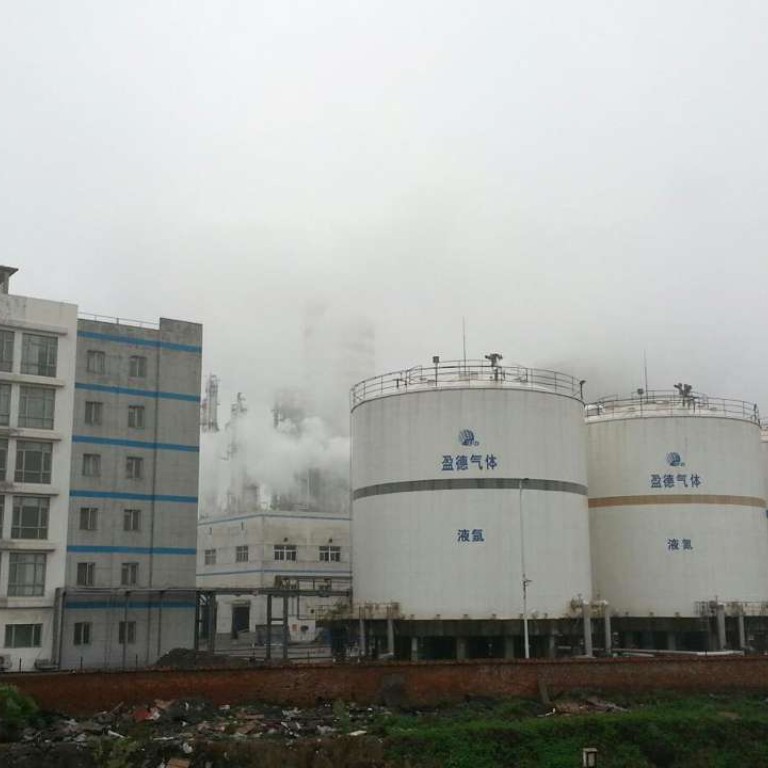
New | Hong Kong’s Q1 merger deals shrink 19pc, hurt by China’s capital controls
First-quarter mergers and acquisitions fell, while the average deal size shrank by 10 per cent, Thomson Reuters data showed.
Hong Kong’s first-quarter mergers and acquisitions declined by 18.7 per cent to US$33.7 billion, according to data by Thomson Reuters, as China’s capital control measures deterred offshore purchases, taking their toll on deal-making among the city’s bankers.
“Beijing has tightened up the approval process for mainland enterprises to acquire assets overseas. This has slowed down the mergers and acquisitions in Hong Kong,” said Clement Chan Kam-wing, managing director of accounting firm DBO. “The trend is likely to continue in the following months unless China relaxes the policies to allow mainland firms to buy assets overseas.”
The renminbi’s 7 per cent deterioration last year against the US dollar spurred many companies to go on a shopping spree overseas to park their currency offshore as a hedge.
That prompted China’s currency regulator to enforce a stricter scrutiny of overseas payments exceeding US$5 million, and a ban on deals of more than US$1 billion “outside the investor’s core business,” according to regulatory documents.
These measures have taken their toll on Hong Kong’s mergers and acquisitions, shrinking the average deal size by 10 per cent to US$109.6 million in the quarter, compared with US$122.4 million a year ago, according to Thomson Reuters.
Six deals were valued at more than US$1 billion each, and none surpassed US$3 billion each. That’s worse than last year, when eight deals exceeded US$1 billion, and two were valued at more than US$3 billion.
The biggest deal during the quarter was the tussle for control of Yingde Gases, one of China’s biggest suppliers of oxygen and other industrial gases for steel mills and chemical plants. Air Products & Chemicals Inc of Allentown,Pennsylvania, had planned to buy Yingde for US$2.9 billion, including debt. That plan was ultimately snatched by Hong Kong buyout fund PAG Asia Pacific for the same amount. Air Products announced it was dropping its bid on Friday.
The biggest share of mergers took place in the materials industry, with 19.6 per cent of the share at US$6.6 billion, while financial sector took second slot at 17.2 per cent, or US$45.8 billion. Real estate was at third spot at 13.9 per cent, or US$4.7 billion.
The amount of Hong Kong dollar bonds raised fell 56.3 per cent during the first three months to HK$29.7 billion (US$3.8 billion), the lowest since 2014, Thomson Reuters data showed.
Funds raised by dim sum bonds - the yuan denominated bonds issued in Hong Kong - dropped 86 per cent in the first quarter to 3 billion yuan (US$434.9 million) .
Chan said the falling value of yuan has made dim sum bonds unattractive.
“Unless the yuan’s value bounces back, there’s no way for the dim sum bonds to grow,” he said.

